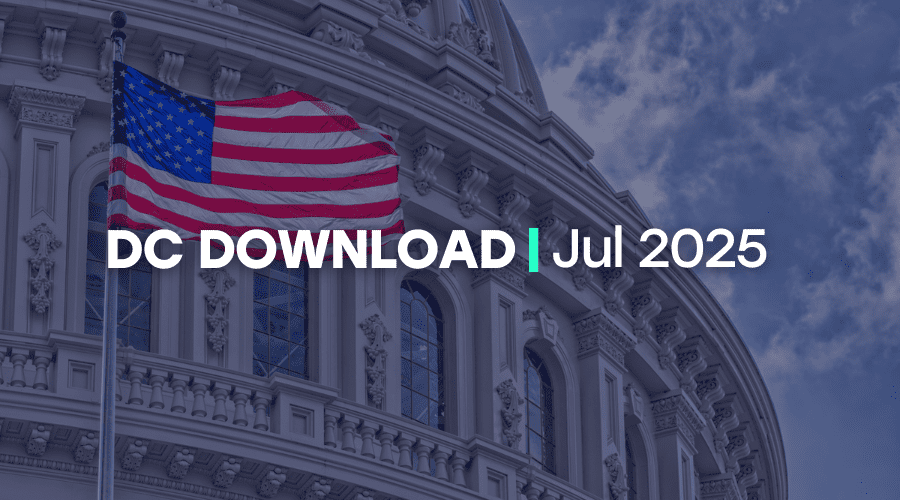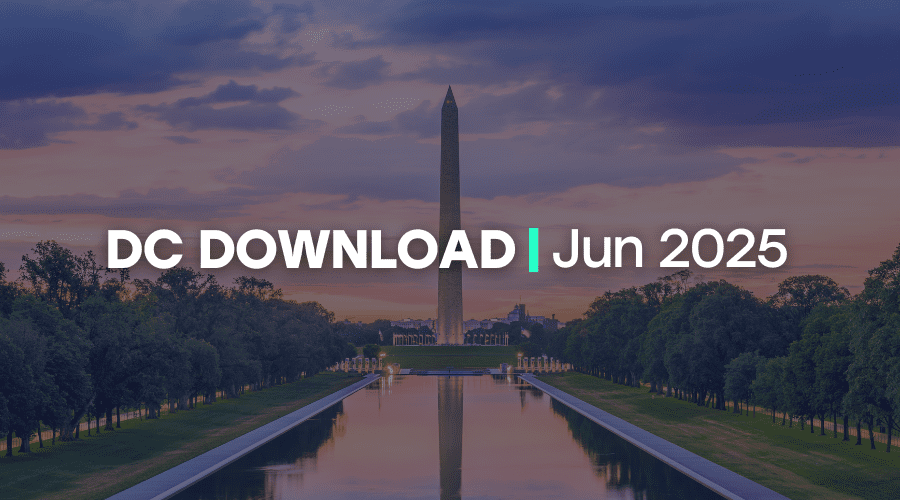In April, the Supreme Court will hear arguments about whether states can require charities to confidentially disclose their donors to regulators (Americans for Prosperity v. Becerra and Thomas More Law Center v. Becerra). As advocates on both sides of the issue prepare and file their amicus briefs, many nonprofits are hearing about the “Schedule B issue” for the first time. So, what is at stake?
Background
Nonprofits have been reporting donor information to the Internal Revenue Service (IRS) since the 1940s. The agency uses the information to check donors claiming charitable deductions on their tax returns with lists of donors from charities. The IRS is legally required to keep donor information confidential. Unfortunately, IRS officials have struggled to consistently redact confidential donor information in years past as nonprofits put it in different places on their Form 990.
In 1998, the IRS chose to create a dedicated, separate form that it could easily remove to guard against accidental disclosure of donor information. Currently, charitable organizations are required to disclose the names of their major donors to the IRS on Schedule B of their Form 990. A nonprofit is required to file Schedule B with the IRS if it receives contributions greater than $5,000 or more than 2% of revenues from any one contributor. There have been cases in which the IRS accidentally disclosed the data, but less frequently than prior to the creation of the Schedule B.
While the IRS at the federal level conducts oversight of nonprofit organizations, its resources are limited, and its ability to revoke tax-exempt status is a blunt enforcement mechanism. State governments also are responsible for monitoring charitable organizations, particularly identifying and prosecuting cases in which there is waste, fraud, or abuse. In recent years, California, New York, and New Jersey began requiring charitable organizations to attach an unredacted version of the federal Schedule B forms when filing their information returns with states. Most states do not require organizations to submit Schedule B of Form 990.
Although there is a wide range of ways to frame the issue, with legal arguments focusing on freedom of speech or association, Independent Sector views the debate as weighing the protection of controversial causes against the protection of the public’s trust in nonprofits.
Protecting Controversial Causes and Marginalized Communities
One of the critical roles of the nonprofit sector is to serve the rights and interests of minorities because democratic governments are more likely to meet the needs of majorities. Controversial issues and marginalized communities often rely upon nonprofits to provide services and voice their perspective in the public policy process. On the issue of Schedule B, arguments against required disclosure often boil down to ensuring government oversight and reporting do not discourage support of organizations representing democratic minorities. Marginalized communities and unpopular causes must continue to be protected under the U.S. Constitution or tax code.
The most well-known court case cited in this issue is an effective case study, especially as many nonprofits place an increased focus on issues of racial equity. In 1958, the Supreme Court ruled on the case of NAACP v. Alabama that the state could not require the NAACP to disclose the names and addresses of all its members. The NAACP said they refused to disclose their membership rosters due to concerns about confidentiality and the possibility of state officials or other targeting members. The court found that compelling the disclosure of the NAACP’s membership might also encourage some individuals to leave the organization and discourage others from joining.
Similar to arguments around membership rosters, many nonprofits are concerned that donors’ fear of exposure, retaliation, or other reprisal may discourage charitable support for certain causes. To be clear, even if states continue to require nonprofits to submit Schedule Bs, they remain legally prohibited from publicly disclosing donor information to the public. Nonprofits opposing states collecting Schedule Bs express concern that state officials may misuse the information to politically target donors and nonprofits. Releasing the names of your opponents’ supporters with malicious intent – often called doxing – has been condemned by some as the new way to intimidate people from joining (or not contributing to) the unpopular side of an argument. While the likelihood of public officials deliberately violating this law is unclear, donors’ mere perception of a threat may have negative consequences. Association of Fundraising Professionals Chair Kevin Foyle said, “Some charitable issues may appear controversial now, but in a decade or two, those same issues might become quite commonplace — culture and social norms change…Donors funding causes that seem controversial or out of the mainstream now, may wish to remain anonymous.”
Opponents of states collecting Schedule Bs also note that states have accidentally released confidential donor information in the past and may not be trusted stewards of the data. Their adversaries note that the IRS also has accidentally released donor information in the past. They contend the problem highlights the need for better data security, but it is not necessarily a reason for government agencies to stop collecting data that could prevent nonprofit fraud and abuse.
Protecting Public Trust in the Sector
Public trust is the currency of the nonprofit sector. The public’s belief that nonprofits will “do the right thing” is one of the central reasons the sector exists. In recent years, the public’s trust in nonprofits appears to be declining. Donors report that trust is important before they choose to donate to charity, so our shared trust problem could lead to a revenue problem, as well. A steady stream of high-profile nonprofit scandals may be contributing to an erosion of faith in the broader sector. For this reason, the sector relies on federal and state governments to protect the public’s trust in the sector by minimizing scandals through more effective and timely enforcement.
Experts in charitable oversight note Schedule B can be a valuable tool for law enforcement at the federal level. States requiring nonprofits to submit Schedule Bs argue they can use it to detect self-dealing or other fraudulent practices quickly and early. Knowing the source and amount of large donations can reveal whether a charity is doing business with an entity associated with a major donor. For example, the form enables oversight officials to quickly check to see whether donors’ names appear on both the Schedule B and as a contractor on the nonprofit Form 990. Schedule Bs also may help state officials detect overstatement of noncash donations to justify high salaries. A nonprofit supporting states’ ability to collect Schedule Bs says, “Having the names of donors disclosed to the [Attorney General] – but not the public – is a smart and reasonable compromise and strongly protects donor privacy.”
Supporters of Schedule B access for states note nonprofits would simply be submitting an already-completed form, thus minimizing the reporting burden. While opponents argue that law enforcement can just subpoena donor information, state governments contend they may use the Schedule B to identify cases of suspected fraud in the first place.
Conclusion
In sum, the Supreme Court will soon hear arguments to determine whether disclosing donor information to state officials would lead to threats, harassment, or reprisals of donors. Will the justices find that a small amount of administrative burden is a worthwhile price if it means preserving the integrity of the nonprofit sector? Will they find that a real or perceived violation of donor privacy could harm fundraising, particularly among organizations representing democratic minorities? Or will they avoid the substance of this issue while ruling on a more procedural matter? While some nonprofits plan to file amicus briefs to support either side of the case, most of the sector still is considering their organization’s official opinion about this complicated issue. In those deliberations, nonprofit leaders may be weighing the reality of regular scandals and declining public trust against protecting the historical role of nonprofits to represent underrepresented or unpopular voices. It is not a simple question, and Independent Sector will continue to monitor this issue and keep the sector informed of developments in the coming months. In the meantime, if you have questions or wish to share your opinion on this issue, please feel free to contact publicpolicy@independentsector.org.



